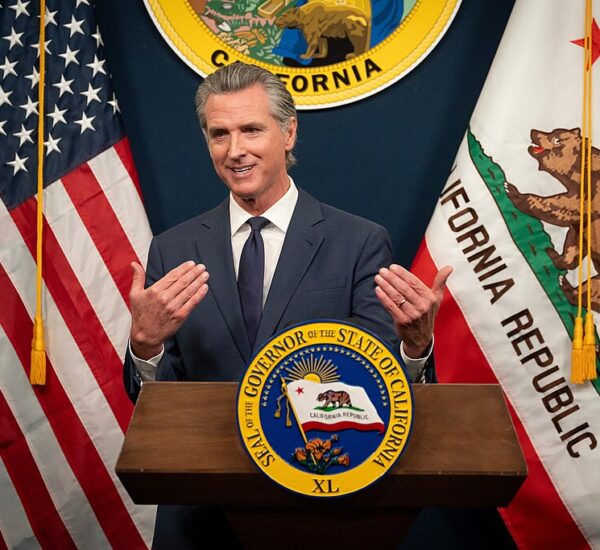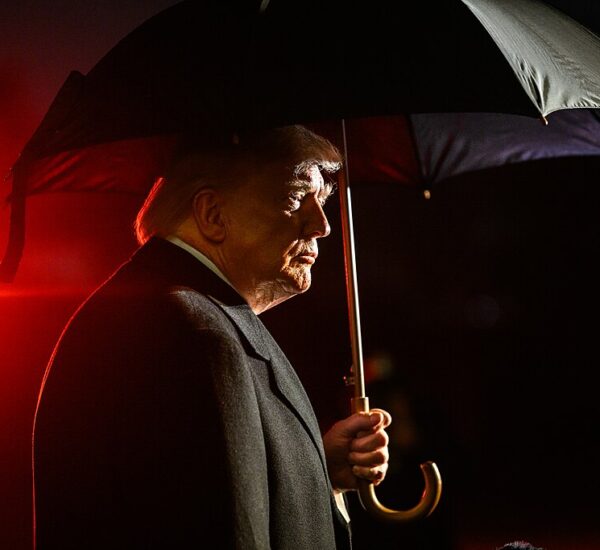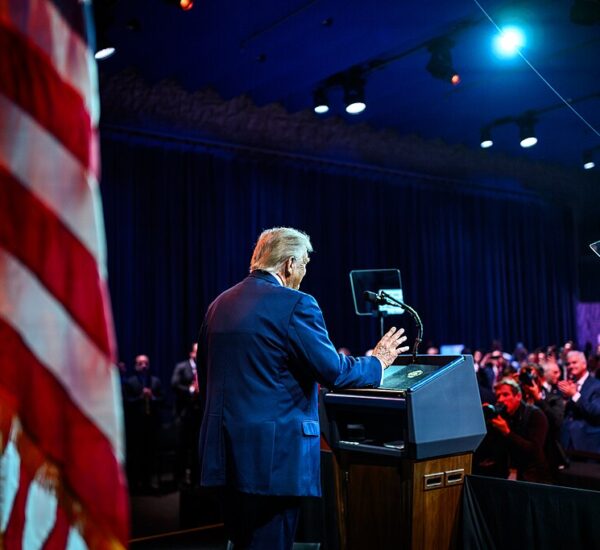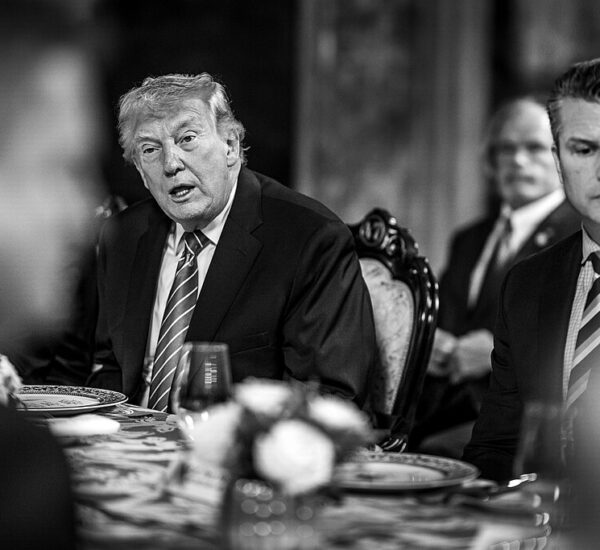Supreme Court Justice Talks 22nd Amendment
Washington, D.C. – A surprising comment from Supreme Court Justice Sonia Sotomayor has sparked heated debate across the nation, as she suggested there may still be legal “wiggle room” when it comes to a president running for a third term.
The remark comes amid ongoing speculation about President Donald Trump’s political future — and whether he could make a historic bid to return to the White House beyond the traditional two-term limit.
Sotomayor’s Surprising Statement
During an appearance on ABC’s The View, Justice Sotomayor was asked about the 22nd Amendment, which was passed in 1951 to prevent any president from serving more than two terms.
While most legal scholars view the amendment as absolute, Sotomayor’s response left the door open for future challenges.
“No one has ever brought a challenge to it, so there’s no way to know for sure,” Sotomayor explained. “It hasn’t been completely settled because the courts have never ruled on it. But it’s written in the Constitution — and nothing outweighs the Constitution of the United States.”
Her comments immediately fueled speculation about whether Trump — or another future president — could attempt to mount a legal challenge to overturn the long-standing two-term limit.
Barrett Offers a More Firm Interpretation
Just one day earlier, conservative Justice Amy Coney Barrett was asked about the exact same issue during an interview on Fox News’ Special Report with Bret Baier.
Barrett, however, offered a more definitive interpretation of the law:
“The amendment says a president can only run twice. That’s clear. After FDR had four terms, that’s why the amendment was passed,” Barrett explained.
The stark difference between Sotomayor’s and Barrett’s responses has added fuel to an already fiery political debate.
The Historical Context
The 22nd Amendment was ratified after Franklin D. Roosevelt broke the long-standing two-term tradition established by George Washington.
- FDR was elected to an unprecedented four terms, serving from 1933 until his death in 1945.
- In response, Congress moved quickly to amend the Constitution to officially limit future presidents to two terms.
This historical context is crucial because it underscores just how monumental a legal challenge to the amendment would be — and why Sotomayor’s remarks are making headlines today.
Trump’s Past Comments About a Third Term
President Trump has repeatedly been asked about the possibility of serving beyond two terms. While he has sometimes dismissed the idea as a joke, other comments suggest he’s given it some thought.
Just last month, Trump said he would “probably not” seek a third term — but added that he “would like to run.”
Earlier this year, he hinted at a potential legal pathway, saying:
“People are asking me to run. I don’t know, I’ve never looked into it. They say there might be a way you can do it, but I don’t know about that.”
These remarks, combined with Sotomayor’s statement, have fueled speculation among Trump supporters and critics alike.
Why This Matters for 2028 and Beyond
If a legal challenge were ever mounted, it would set off one of the most historic constitutional battles in American history.
- For Trump supporters, it could represent a path to ensuring his America First agenda continues well beyond two terms.
- For critics, it would be seen as a direct threat to the constitutional balance of power.
Either way, the Supreme Court would likely play a pivotal role — meaning justices like Sotomayor and Barrett could be at the center of a political firestorm.
Bottom Line
While President Trump has not officially announced any plans to seek a third term, Sotomayor’s comments have ignited a conversation that won’t go away anytime soon.
With the 2028 election on the horizon and political tensions higher than ever, Americans on both sides of the aisle are now asking the same question:
Could a third term for Trump actually be possible?
Key Takeaways for Readers:
- Sotomayor suggests the issue isn’t fully “settled” because it’s never been challenged in court.
- Barrett insists the 22nd Amendment is clear: two terms and no more.
- Trump has left the door slightly open, fueling speculation about his future plans.
- A legal challenge would trigger one of the most historic constitutional battles in U.S. history.






